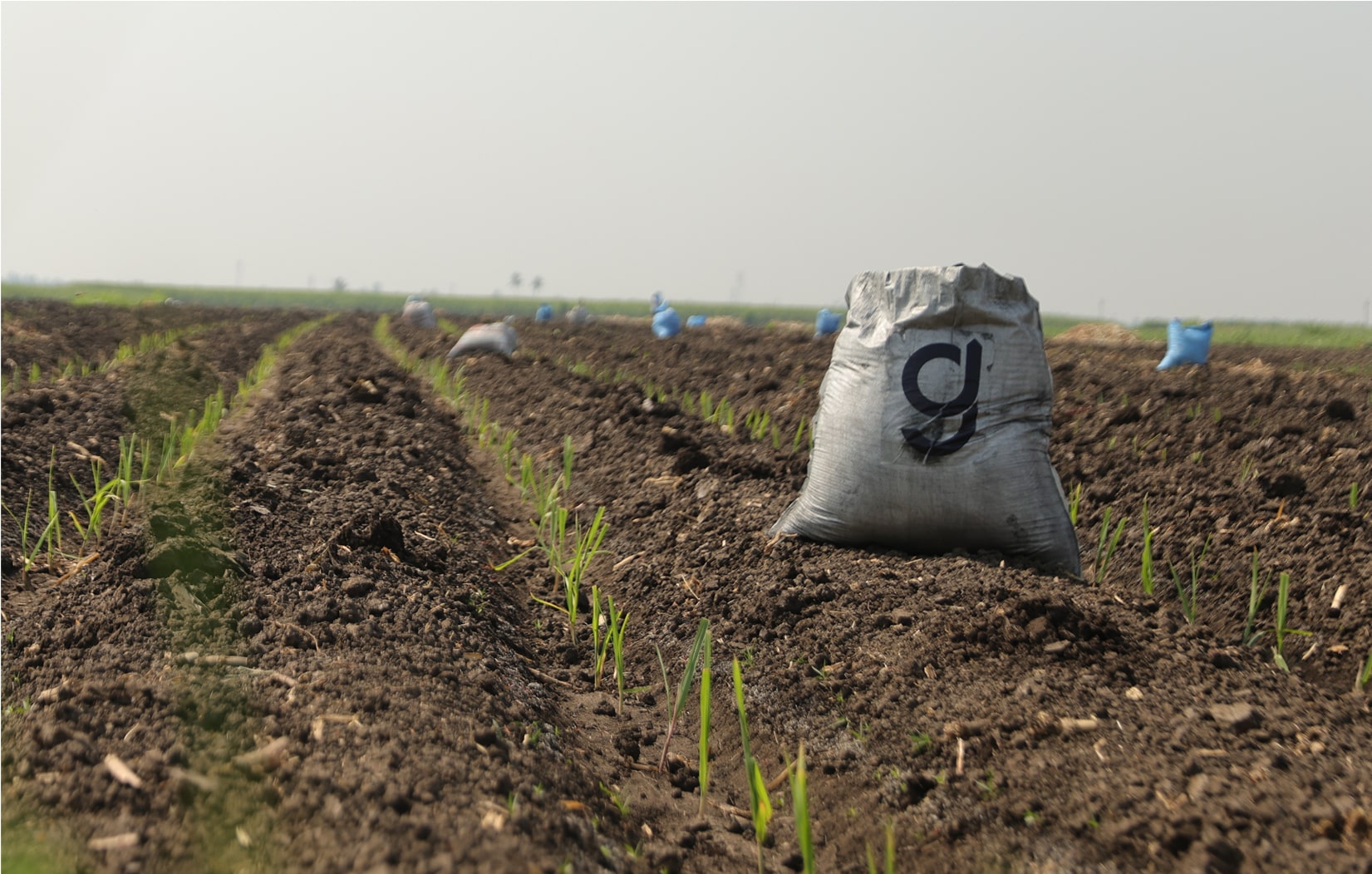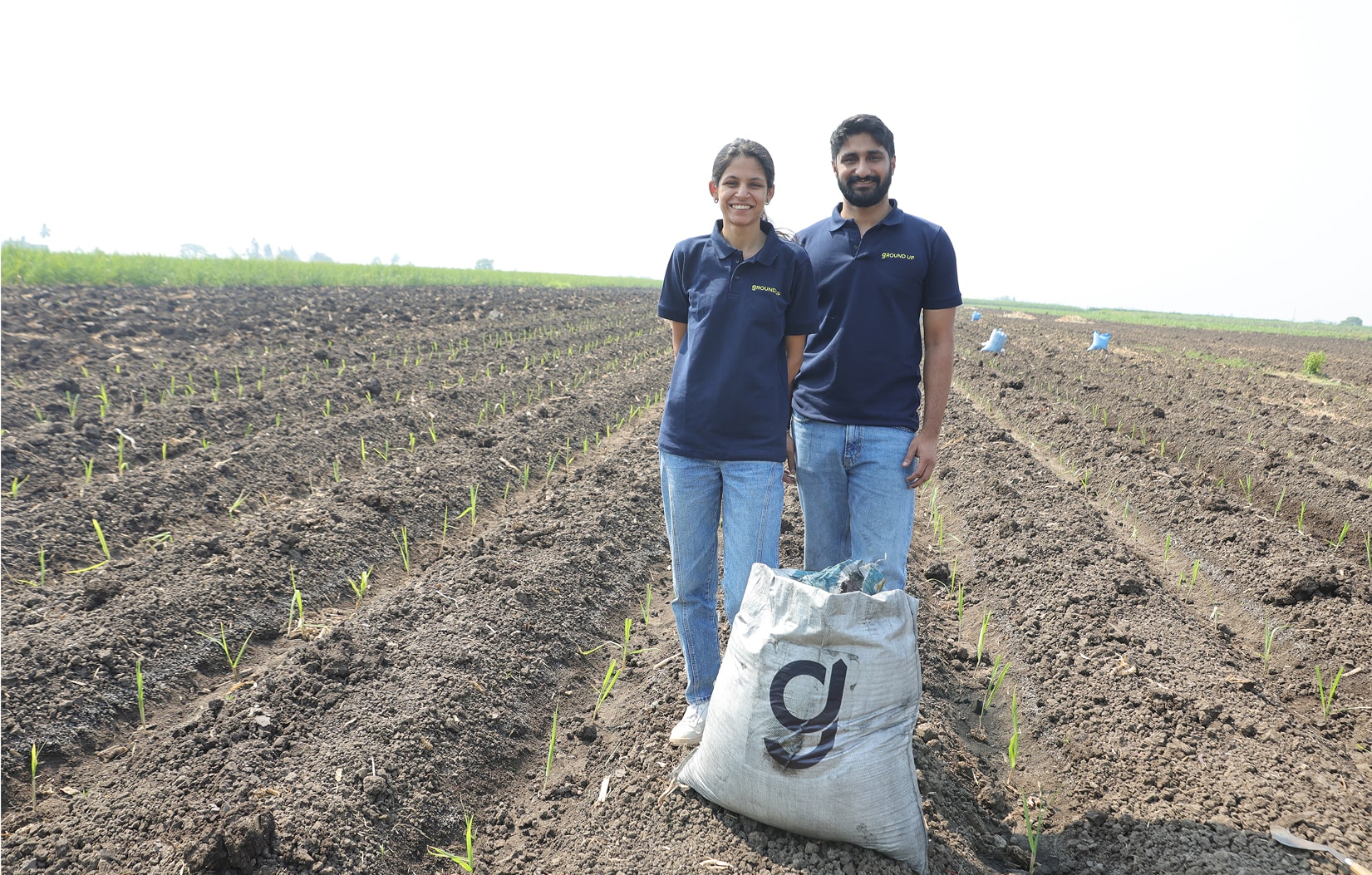Choppity: taming the Dragons
Computer Science graduates Aaron Morris (Stephenson College, 2019-22) and Zara Paul (South College, 2021-24) created Choppity, an innovative web-based AI video editing platform designed to simplify the video-editing process for podcasters and businesses. The platform is already used in production by leading companies such as ITN, Autotrader, Turtle Bay, and Sonatype. Founders Aaron and Zara appeared in the latest BBC2 series of Dragons’ Den in a bid to secure investment. They explain how the DVS experience impacted their vision.
What was the inspiration for your project?
(Zara) We met in my first year at Durham and we started building things together pretty much since we met. At first it was just websites, a game, then a photo book editor, then a graphic design app. The app failed as a business after a year and a half for several reasons. Firstly, we had absolutely no way of making any money from it, but also, we became very aware that social media was favouring video more and more. It was becoming a bigger and bigger medium but didn’t have tools that made it accessible for people who want professional-looking video. So, we decided to do something in the video space. (Aaron) I had learned about the different ways to promote a company, and it struck me that a small business couldn’t possibly spend the time creating all those different types of content and still produce the best product, so my idea was to create a system that could take a single blog post and repurpose that content into several other types of content. This turned into taking long-form video and turning it into short-form content.
How did DVS help you develop your plan?
(Zara) When Aaron joined the DVS cohort in September 2022, we decided to start our project again using proper startup principles. We spent time interviewing potential customers, asking them about their problems and actually just really following the course. It was here that we almost started again using the learnings that we had gained. (Aaron) Because it’s one thing to just have an idea, but ideas are kind of useless. It’s the execution and there’s a lot of best practice on how you actually take an idea or a product into turn it into a company with actual customers.
How useful was the support and advice of your alumni mentor?
(Zara) He was great. He has an impressive track record in B2B software sales, and has experience in scaling several major companies, so he was able to challenge our thinking. There was so much groundwork that we needed to lay with him before we could get to the questions that we wanted to get to, and he really helped us think critically about why we were doing what we were doing, and what we actually wanted to achieve. We met weekly or bi-weekly, and he made a massive difference in the early stages. We even met him with Marek and his colleague, Chris, to help us prepare for Dragons’ Den. We worked through so many practice pitches with them that we were a little disappointed when the Dragons didn’t ask us some of the really difficult questions!
Would you have any advice for students considering applying for a place on the programme?
(Zara) I think that anyone who isn’t someone who enjoys conventionality should do it. It was a great safe space to explore an alternative career path. I recently went to the alumni event where some people were saying that DVS is still at the very top of their CVs when applying for jobs, and it’s still the bit that potential employers find the most interesting because it’s where they learn to become the most resourceful. I think it takes a certain kind of person to start a company, and it takes a certain kind of person to go through the programme.
Where are you now and where do you see Choppity in five years’ time?
(Aaron) We very much measure our business against revenue, but also the retention of our customers, which is what ultimately will give the business longevity. We’ve always viewed each startup as a step to the next. The first one was a flop and a useful lesson. Then came Choppity. We have learned how to handle customer support development operations, and then we think the next one is going to be on a larger scale, using sibling technologies, perhaps a venture capital (VC) funded startup. So, I would like to see Choppity in the hands of someone who can really take care of it. It could be a business tool that’s used more widely and for more applications. We may well still be involved in some way. I’m sure we will create the next startup in the near future – five years is a very long time…



